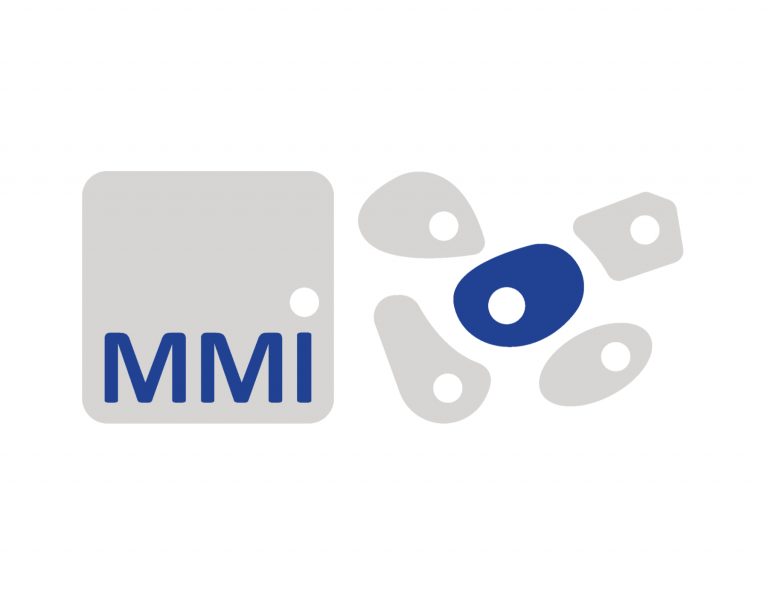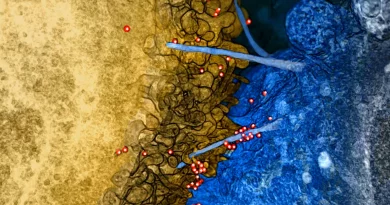AstraZeneca’s Truqap Demonstrates Phase 3 Success in Prostate Cancer
AstraZeneca’s Truqap (capivasertib) has achieved a significant milestone in the treatment of prostate cancer. Results from the CAPItello-281 Phase III trial revealed that Truqap, in combination with abiraterone and androgen deprivation therapy (ADT), delivered a statistically significant and clinically meaningful improvement in radiographic progression-free survival (rPFS) compared to abiraterone and ADT with placebo. This marks a pivotal advance in addressing the unmet needs of patients with PTEN-deficient de novo metastatic hormone-sensitive prostate cancer (mHSPC).
Truqap’s performance in prostate cancer arrives in the wake of a recent miss in breast cancer. In a subgroup of patients with HR-positive, HER2-negative advanced breast cancer, Truqap failed to show a meaningful benefit when paired with standard endocrine therapy.
Transformative Results in a Challenging Patient Population
Patients with PTEN-deficient mHSPC face a particularly grim prognosis. This aggressive subtype of prostate cancer is characterised by the loss of PTEN, a tumor suppressor gene, which drives cancer progression through dysregulation of the PI3K/AKT pathway. Approximately one in four men diagnosed with metastatic hormone-sensitive prostate cancer exhibit this deficiency, making the development of targeted therapies imperative.
The CAPItello-281 trial, which enrolled over 1,000 participants globally, demonstrated that adding Truqap to the standard treatment regimen significantly delayed disease progression. While overall survival (OS) data remain immature, the trial showed an early trend toward improved OS, with further analyses planned to assess this critical secondary endpoint.
Karim Fizazi, MD, PhD, Institut Gustave Roussy, and University of Paris Saclay in Villejuif, France, and principal investigator for the trial said:
“Patients with this aggressive form of prostate cancer with tumour PTEN deficiency currently face a particularly poor prognosis, and there is an urgent need for new treatments that improve upon current therapies. The results seen with capivasertib in combination with abiraterone-prednisone and androgen deprivation therapy in the CAPItello-281 trial represent a step forward for these patients.”
A First-in-Class AKT Inhibitor
Truqap is a first-in-class, potent, adenosine triphosphate (ATP)-competitive inhibitor of all three AKT isoforms (AKT1/2/3). Truqap 400mg is administered twice daily according to an intermittent dosing schedule of four days on and three days off. This was chosen in early phase trials based on tolerability and the degree of target inhibition.
Susan Galbraith, Executive Vice President, Oncology R&D, AstraZeneca, emphasized the groundbreaking nature of the findings:
“These results show for the first time, that adding an AKT inhibitor to a standard-of-care therapy can provide benefit to patients with a biomarker of PTEN-deficient metastatic hormone-sensitive prostate cancer. By targeting a key driver of the disease, we have been able to improve upon current therapies and demonstrate the potential role of this combination in an area of critical unmet need. It will be important to see greater maturity in key secondary endpoints including overall survival.”
Prostate Cancer: A Global Health Challenge
Prostate cancer remains the second most prevalent cancer in men and the fifth leading cause of male cancer-related deaths worldwide, with over 1.4 million cases and 397,000 deaths in 2022 alone. For metastatic prostate cancer, survival outcomes are dire, with only one-third of patients surviving five years post-diagnosis.
In mHSPC, the cancer is driven by male hormones such as testosterone, which fuel tumor growth. While hormone therapies like ADT effectively suppress these hormones, resistance often develops, necessitating the need for novel therapies to delay disease progression and improve survival outcomes.
Safety and Next Steps
The safety profile of Truqap in combination with abiraterone and ADT was consistent with the established profiles of these medicines. No unexpected adverse effects were reported, bolstering confidence in the therapy’s viability for broader use.
The trial data will be presented at an upcoming medical conference and submitted to global regulatory authorities as AstraZeneca seeks approval for this new combination therapy.
From Discovery to Development
Truqap’s journey began through a collaboration between AstraZeneca and Astex Therapeutics, in partnership with the Institute of Cancer Research and Cancer Research Technology Limited. This collaboration laid the groundwork for developing a potent AKT inhibitor that could address the PI3K/AKT pathway, a key driver in multiple cancers.
The drug is already approved in the US, EU, Japan and several other countries for HR-positive, HER2-negative advanced or metastatic breast cancer and is being further evaluated in additional Phase III trials, including CAPItello-292 and CAPItello-280 for breast and prostate cancers, respectively. It is also approved in Australia for the treatment of adult patients with HR-positive, HER2-negative locally advanced or metastatic breast cancer following recurrence or progression on or after an endocrine based regimen based on these trial results.
AstraZeneca’s Vision in Oncology
AstraZeneca continues to lead innovation in oncology, focusing on some of the most challenging cancers. Through its comprehensive portfolio and pipeline, the company aims to redefine cancer care and eliminate cancer as a cause of death. The success of Truqap in CAPItello-281 underscores AstraZeneca’s commitment to delivering life-changing treatments to patients in urgent need.
As Truqap moves toward regulatory approval, its potential to transform the treatment landscape for prostate cancer represents a significant leap forward in tackling this complex disease.
For more info please visit astrazeneca.com
Recommended Companies
More Headlines








